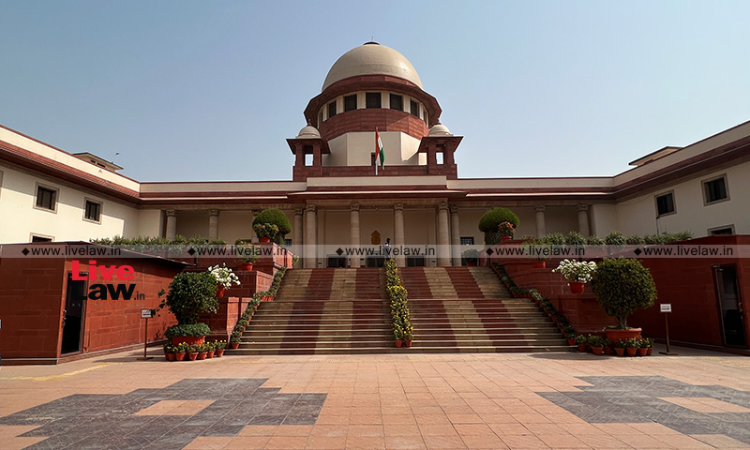Employers Can't Dispute Employees' Date Of Birth At Fag End Of Their Service : Supreme Court
LIVELAW NEWS NETWORK
24 April 2022 12:52 PM IST

Next Story
24 April 2022 12:52 PM IST
The Supreme Court has held that the rule that employees cannot raise a dispute relating to date of birth at the fag end of their service is equally applicable to employers as well.A bench comprising Justices DY Chandrachud and Aniruddha Bose set aside the decision of Hindustan Copper Ltd, a Public Sector Undertaking, to reduce the VRS benefits to an employee by altering his date of...
